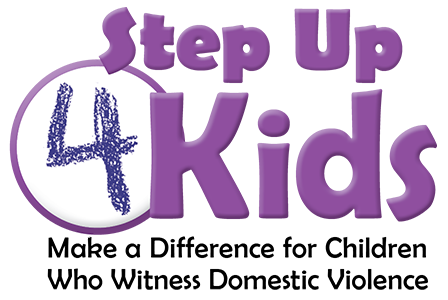 SAFETY ALERT – If you are in danger, call or text 911.
SAFETY ALERT – If you are in danger, call or text 911.

A change in a child’s behavior is often the first sign they are experiencing some distress in their lives. A child who is normally outgoing might become quiet and withdrawn. A child might have inappropriate behavior at certain times or constantly want your attention.
 Ask a child what they like about their family.
Ask a child what they like about their family.- Ask a child who they ask for help in their family.
- When a child seems tired, ask them how they slept or why they didn’t seem to get enough sleep.
- Find an opportunity to normalize the fact that lots of families have problems that are difficult and hard.
- Let a child know you are there to help and listen, and if you can’t help them solve their problem, you can find someone who can. Free simulated training on how to help students in crisis is available through the Kognito website.
- Help a child find ways to solve conflict in a healthy way by talking through problems with peers and expressing how they feel.
- If a child has behavioral difficulty, be explicit about letting the child know you still like them as a person and care about them.
- Remember, a child who has a parent who is violent at home might be especially afraid of getting in trouble.
- Help the child find things they are good at doing.
- If the child has trouble socially, be sure to praise and encourage positive behavior and the self-worth of the child as often as possible.
- Ask a child what they like about themselves; be sure to share what you like about them, especially if they have a hard time finding something.
If a child is having behavioral trouble that needs to be addressed and has shared, or you suspect there might be violence in the home, be careful in how you let the parent or caregiver know. Sometimes a phone call is safer than an email or note and will allow you the opportunity to build a relationship with the parent.
- Give the parent or caregiver who is a survivor of abuse the number for the 24-Hour Domestic and Sexual Violence Hotline 703-360-7273.
- You as a school professional can also call this Hotline for ideas about how to support a child you are concerned about.
- Make every effort to build a trusting relationship with the child and their survivor parent or caregiver.
- Check in with the child regularly and ask how things are going at home and how they are doing.
- Stay in regular communication with the survivor parent if it is safe for them to do so. They will be more likely to ask for help from someone who is regularly connecting with them.
- Remind the child the abuse is not their fault and not their responsibility to fix.
- Let the child know you are available to talk or listen about anything, not just the violence in their home.
- Consider whether you need to make a mandatory report to Child Protective Services. The Fairfax County Child Protective Services Confidential Hotline is 703-324-7400.
Familiarize yourself with any policies or procedures your school has for connecting parents or caregivers experiencing domestic violence to appropriate clinical school staff.
The 24-Hour Hotline can provide:
- Emotional support during a crisis.
- Short-term plans for safety.
- Suggestions for family, friends or professionals who want to help a survivor.
- Connections to other services such as:
- The Domestic Violence Action Center (DVAC), which provides help planning for safety, emotional support, help with court processes, resources or housing.
- Domestic and Sexual Violence Counseling Services, which provides 8-10 free counseling sessions for survivors of domestic or sexual violence, as well as children who have lived with domestic violence or been survivors of sexual abuse.
- ADAPT is an 18-week certified domestic abuse program that teaches skills to prevent abuse by learning compassion for self and others. There is a fee for services.
(return to Step Up 4 Kids)

